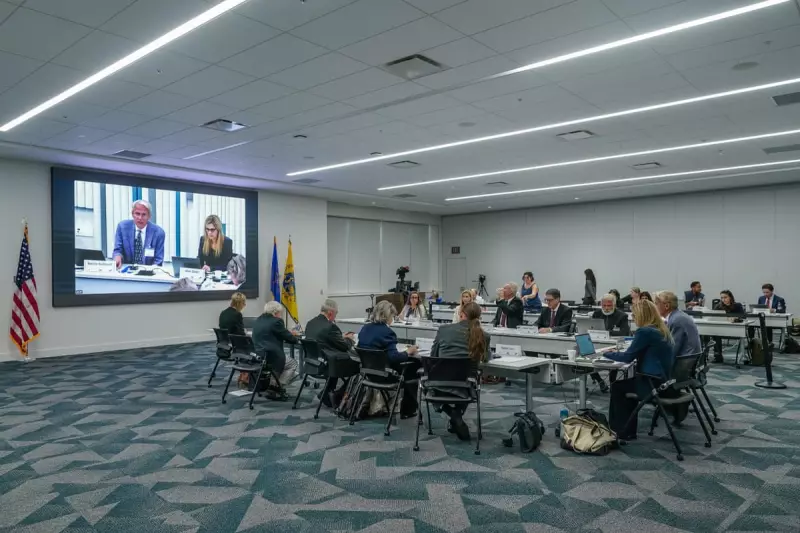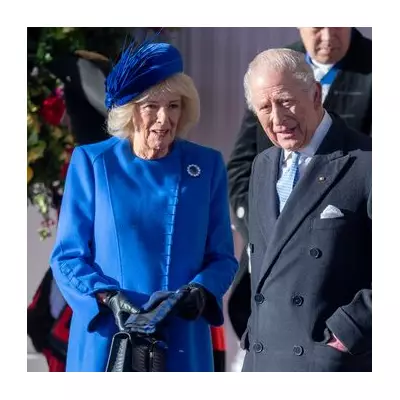
A federal vaccine safety panel convened by presidential candidate Robert F Kennedy Jr has taken a dramatic step, voting to recommend a halt to routine Hepatitis B vaccinations for newborn infants in the United States.
The controversial vote, which occurred during the panel's inaugural meeting, has immediately ignited a firestorm within the medical and scientific community. The recommendation challenges decades of established public health policy and standard paediatric practice.
A Contentious Inaugural Decision
The newly formed committee, which includes prominent vaccine sceptics and critics, concluded that the potential risks of administering the Hepatitis B vaccine to healthy newborns may outweigh the benefits. The panel cited concerns over possible adverse reactions, arguing that the universal immunisation programme for infants should be suspended pending further review.
This stance directly contradicts the official position of major health bodies, including the Centers for Disease Control and Prevention (CDC) and the American Academy of Pediatrics, which have long championed the vaccine's safety and its critical role in preventing a potentially life-threatening liver infection.
Medical Establishment Reacts with Alarm
The panel's recommendation has been met with swift and strong condemnation from leading public health experts. They warn that such a move could reverse monumental progress in combating Hepatitis B, significantly increasing the risks of mother-to-child transmission and later-life liver disease, including cirrhosis and cancer.
Critics have also heavily scrutinised the panel's composition and scientific rigour, accusing it of being stacked with individuals who hold anti-vaccine views rather than objective scientific experts in virology, immunology, or paediatrics.
The Political Backdrop
The panel's formation is a key initiative from Robert F Kennedy Jr, who has built his political profile in part on vaccine scepticism. His appointment of the members has raised questions about the intersection of political ideology and public health policy.
This development signals a potential sharp turn in the US approach to vaccination if Kennedy were to gain political power, moving away from evidence-based consensus towards a model that prioritises a more sceptical examination of vaccine schedules.
The final outcome of this recommendation remains uncertain, as the panel's advisory role currently holds no direct regulatory power. However, its influence on public discourse and the potential for shaping future policy is causing significant concern among healthcare professionals nationwide.





